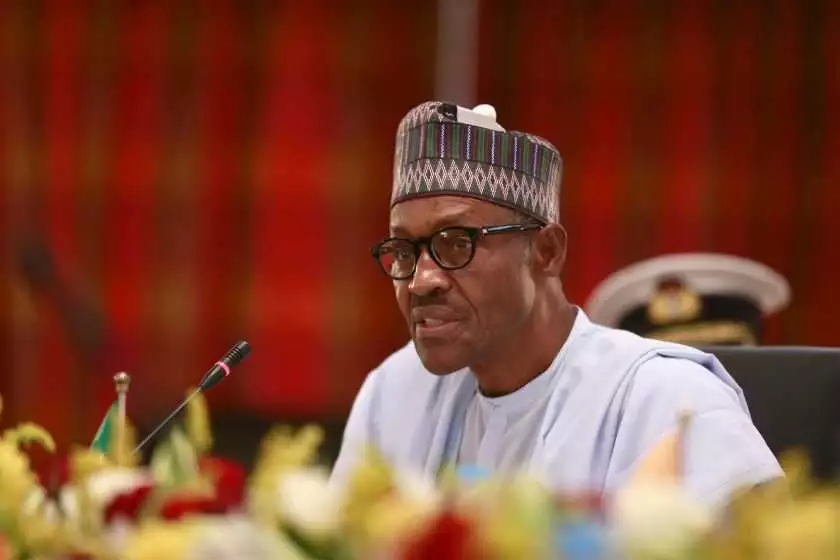Nigeria is moving on the same path with South Africa as the continent’s highest debtor with close to $47 bn as external debt.
Financial experts have warned that the nation’s debt figure could rise to $50bn in the next three years, considering the penchant of the current government to continue to borrow to fund projects.
According to records released yesterday by the World Bank, South Africa has topped the list of most exposed debt nations in Africa, while China is world’s number one for low and middle income countries.
The nation’s debt portfolio could spiral in the next few years as the President Muhammadu Buhari led administration seeks to invest in infrastructure and social palliatives.
In spite of the serial complaints that the debt figure is rising, the federal government has recently disclosed that a larger part of the 2020 budget will be funded through external borrowing.
Nigeria’s total external debts, according to the world financial body comprised of both government and private sector obligations including sovereign and non-sovereign guaranteed debts.
According to the report, which the World Bank said is 2018 figure and obtained by the magazine, Nigeria’s external debt shows no sign of coming down.
For instance, the debt portfolio has increased in the last four years with over 40 per cent, now standing at $42.23 bn from $28,730 billion in 2015.
According to the report most of the debts obtained were invested in infrastructure by these countries.
Meanwhile, the report also stated that Nigeria is among the countries with least inflows of foreign direct investment.
This is caused by perception by foreign investors that Nigeria is not yet safe for investment.
“Heightened risk perceptions reduced inflows to Nigeria by 43 per cent, to $2 billion,” the report stated.
“Inflows to Ghana fell 8 per cent, to $3 billion, but those to the oil and gas sector remained strong
In Kenya inflows rose from negligible levels to a record $1.6 billion across diverse industries, in response to measures to facilitate private investment and improve Doing Business rankings.
“In Uganda, FDI inflows were up 79 per cent, to $1.3 billion, mostly in the oil and gas sector.
“Inflows to Ethiopia, the largest FDI recipient in East Africa, were resilient, despite an 18 per cent fall to $3.3 billion.”
Also, attractive valuations encouraged bargain hunting by global portfolio investors resulted in moderate inflows to Nigeria and South Africa.”
Meanwhile, World Bank President Davis Malpas said Nigeria and others must work hard to remove bottlenecks that hinder investments.
“To grow faster, many developing countries need more investment that meets their development goals.”
“Debt transparency should extend to all forms of government commitments, both explicit and implicit.
Transparency is a critical part of attracting more investment and building an efficient allocation of capital, and these are essential in our work to improve development outcomes.”
Discover more from The Source
Subscribe to get the latest posts sent to your email.








